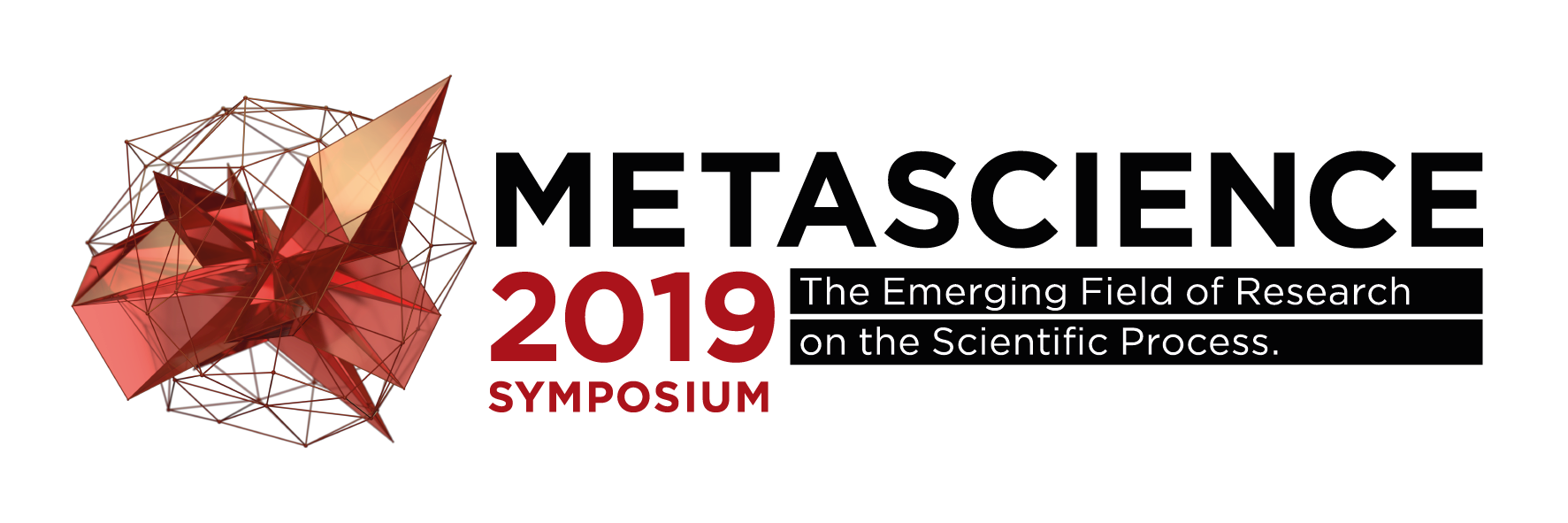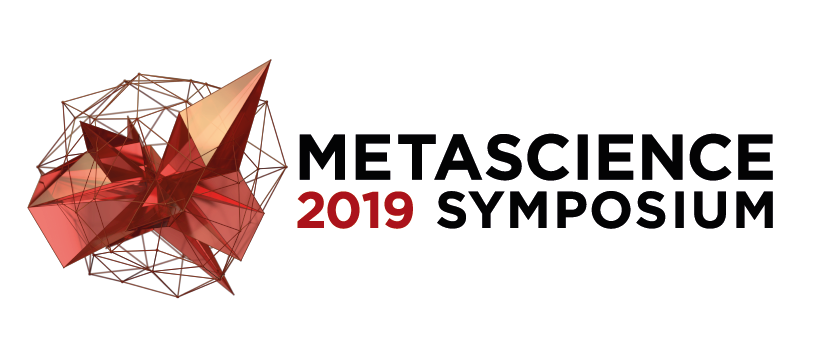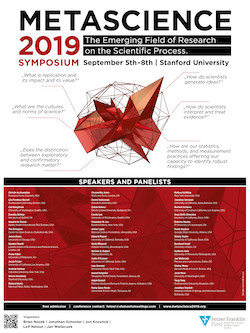Jan Walleczek
Phenoscience Laboratories, Berlin, DE
Go to his biography
Counterfactual Meta-Experimentation and the Limits of Science: 100 Years of Parapsychology as a Control Group
Are the limits of science, the limits of scientific reproducibility? In probing the meta-scientific question concerning the practical versus the fundamental limits of the scientific method, one may consider the large data base from 100 years of parapsychology. Under the skeptical assumption that anomalous (psi) phenomena do not exist in controlled laboratory experiments, parapsychology as-a-whole represents a control group for assessing the practical limits of the scientific process. How to empirically distinguish between true-positive and false-positive effects in anomalies research? To address this question, the advanced meta- experimental protocol (AMP) was developed, which includes the concept of the sham-experiment, i.e., counterfactual meta-experimentation. As a first test case, the AMP was adopted in a large-scale, confirmatory replication attempt (10,000 test trials) of a widely- publicized parapsychological study, known as the Radin double-slit experiment on psycho-kinetic consciousness. The AMP revealed a false-positive effect upon determining the true-negative detection rate of the methodology used in the Radin experiment. For the movement that seeks to reform the research process, counterfactual meta-experimentation provides a powerful tool for revealing the (possible) presence of false-positive effects in any experimental paradigm, including in parapsychology and anomalies research in general. Reference: Walleczek, J. and von Stillfried, N. (2019) False-positive effect in the Radin double-slit experiment on observer consciousness as determined with the advanced meta-experimental protocol (AMP). Front. Psychol., doi: 10.3389/fpsyg.2019.01891.




